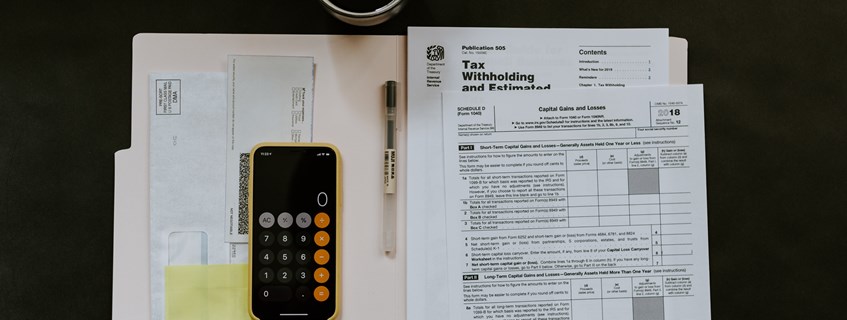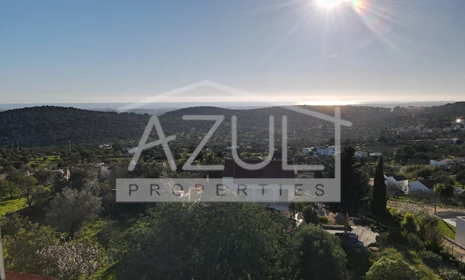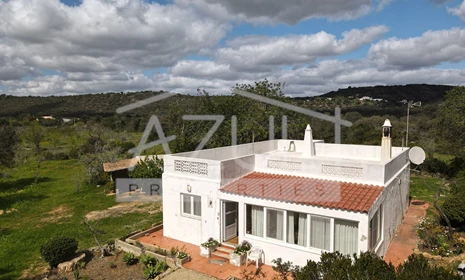
Capital gains tax-new rules for 2023
Capital gains-the changes
Prior to 2023, there were different methods of calculating capital gains tax, depending on the residency of the property owner. This resulted in non-resident property owners in Portugal paying more capital gains tax than residents.
Following various test cases in national and European courts, the Portuguese state has been forced to alter the rules for calculating capital gains tax in relation to those who are not resident in Portugal. The previous regime has been judged to be discriminatory.
Previously non-residents had been taxed at a flat rate of 28% on the entire gain. Residents are charged on a stepped scale and 50% of the gain is taxable, but using the normal income tax rates (the maximum being 48%). Whereas a non-resident would pay 28% capital gains tax, a resident would pay up to 24% (which is 50% of the maximum tax rate of 48%).
From now on capital gains tax for non-residents will be calculated in the same manner as for residents. This will give a maximum tax rate of 24%.
The net result of this is a lower rate of capital gains tax for non residents. The actual rate of tax that will be paid is not a straightforward calculation, as there is a stepped system of tax rates, which increase in line with the total income for the year. Capital gains are treated as income under the Portuguese system, so any gain is added to other earnings in that year. The rate of tax varies from 14.5% to 48%, and it is important to remember that capital gains are taxed at 50% of the gain.
I have seen articles (or adverts offering fiscal services) where a “50% reduction in capital gains tax” has been announced. In the vast majority of cases a 50% reduction is not possible, but future tax bills will be reduced.
Official communication
The Portuguese tax office (finanças) has issued a statement to explain their position in relation to these alterations (Ofício Circulado N.º: 20255, which can be seen at the bottom of this blog). This introduces two important points.
For the calculation of capital gains, non-residents are required to declare all worldwide income, solely for the purpose of calculating the gain (as non-residents do not pay tax on their income outside of Portugal). It will be interesting to see how the tax office intends to enforce this, as collating worldwide income for non-residents will be a challenge. By including worldwide income in the tax calculation this will ensure that most non-resident vendors of a property in Portugal will be paying capital gains tax at the higher end of the scale.
A second important point is that all non-resident capital gains up to the 31st December 2022 will be taxed using the old regime (28% flat tax rate)
Equal treatment
Based on the current information the non-resident rules will apply to both EU and non EU citizens, which is good news for those that live (or no longer live) in an EU country.
Offers of retroactive claims
There are companies and individuals offering to submit retroactive applications for capital gains tax refunds, in relation to gains made before December 2022. It is clear that the tax office does not think that it needs to accept these claims, but this does not mean that the tax office is correct. We asked two trusted accountants for their opinion, and both felt that there was no merit in trying to claim retrospectively.
It is our opinion that if you want to try a retrospective claim, and the difference between the amount of capital gains tax you paid and the amount you would pay under the new regime is significant, then it may be worth a gamble. However if the fees you are being charged to carry out this speculative claim are high, it may be best to maintain the status quo.
Conclusion
Overall this is good news as the capital gains tax rate for non-residents selling a property in Portugal has been reduced, and a clear directive has been issued by the tax authorities in relation to this.

